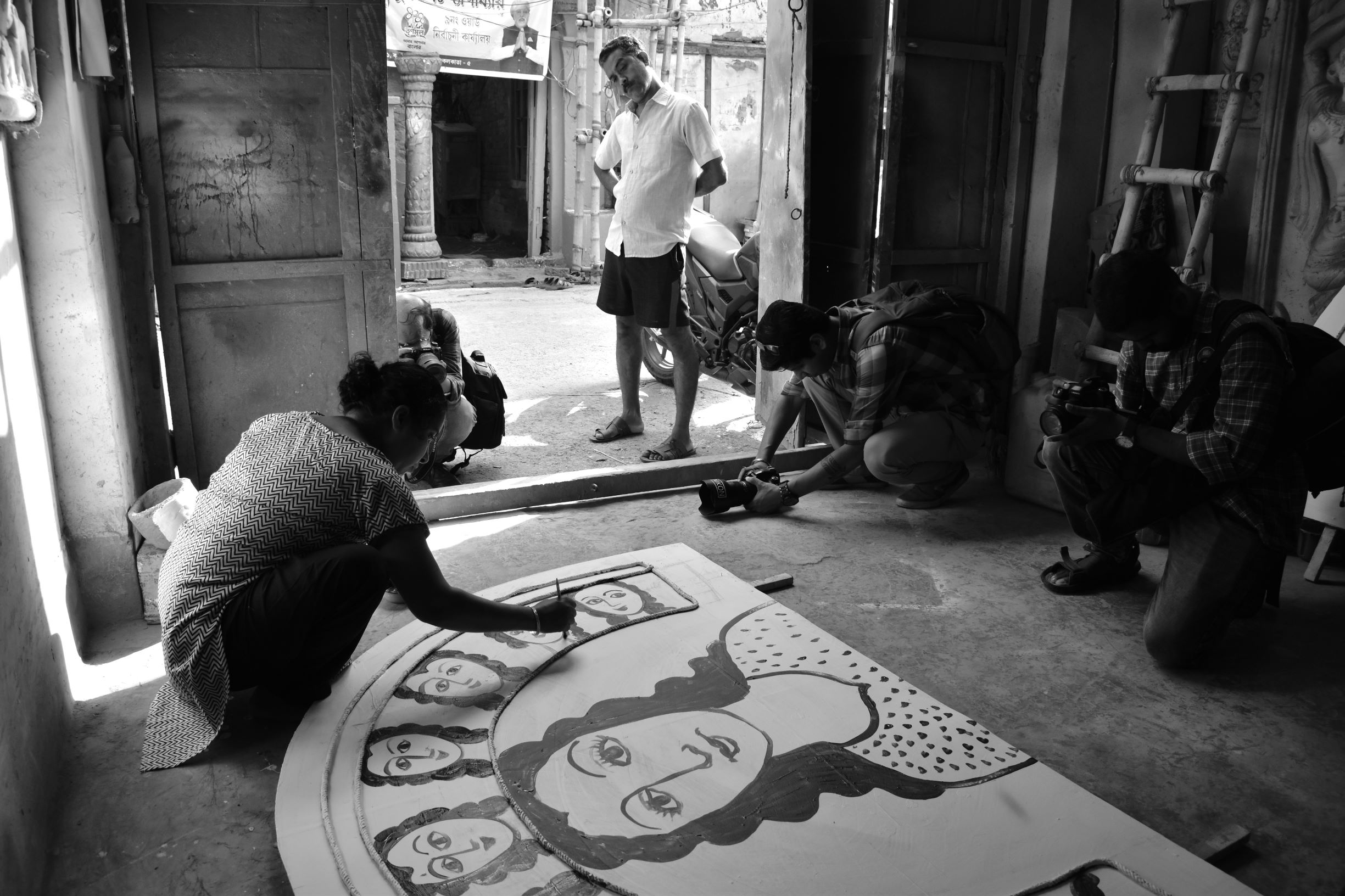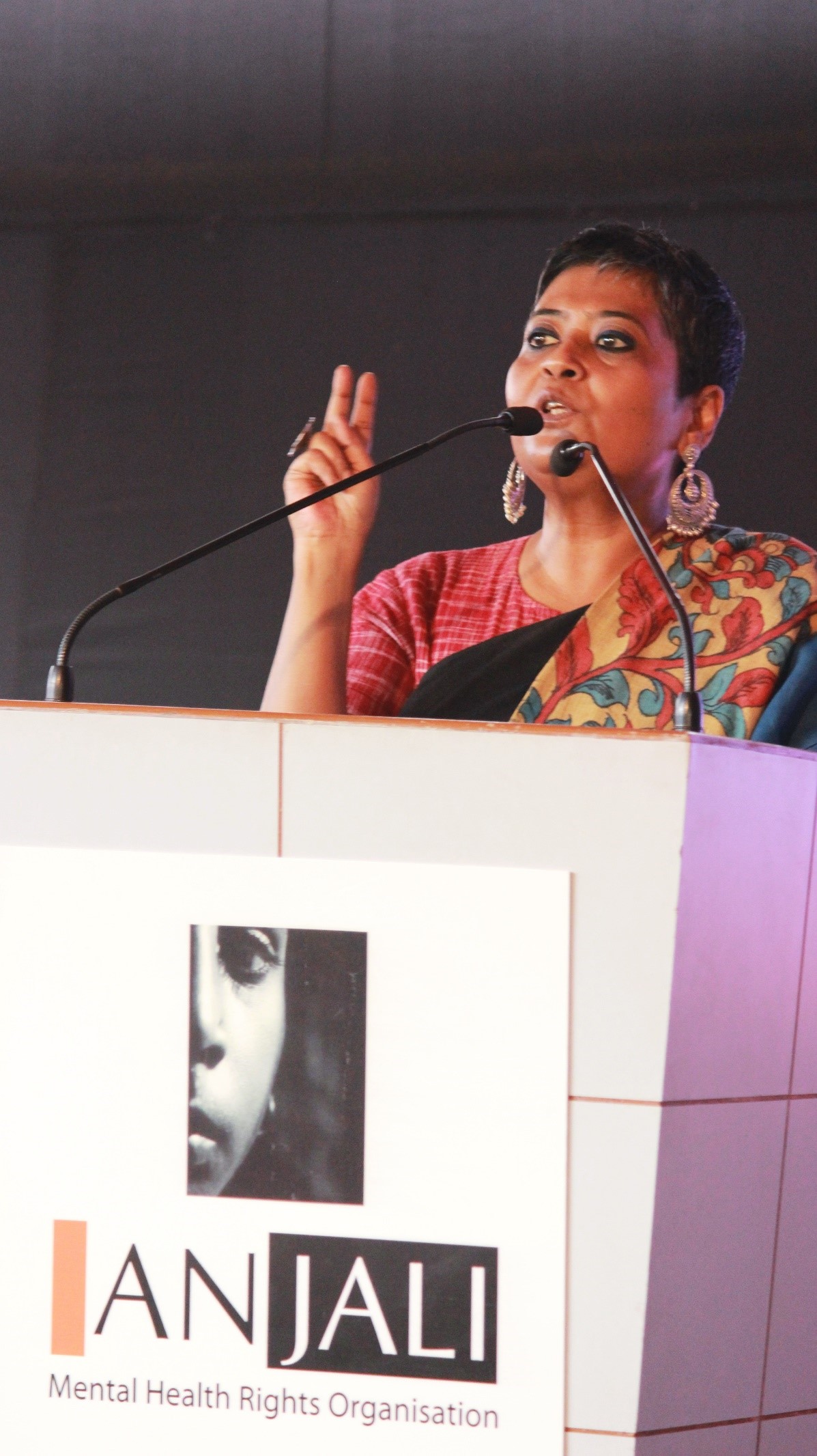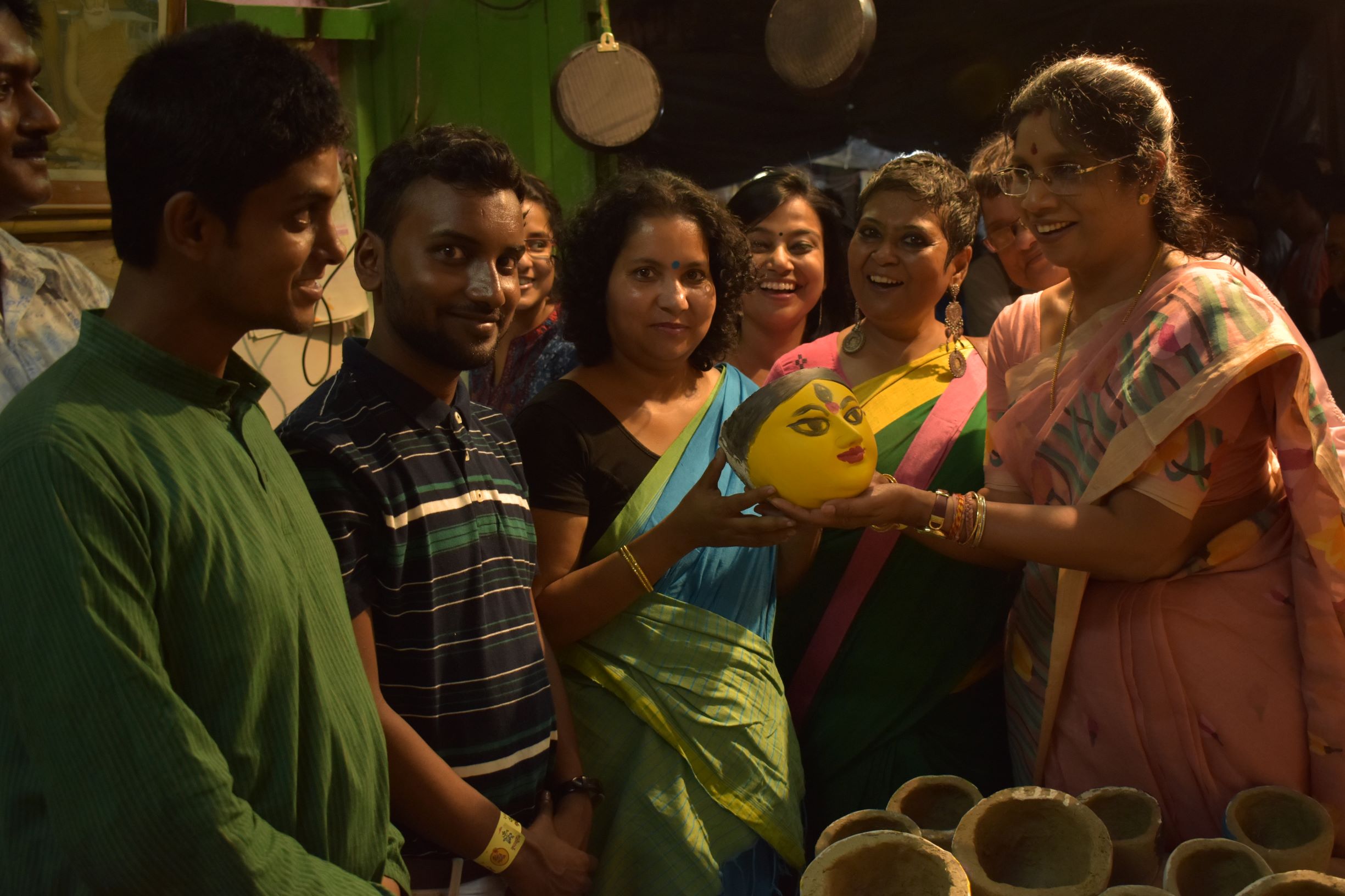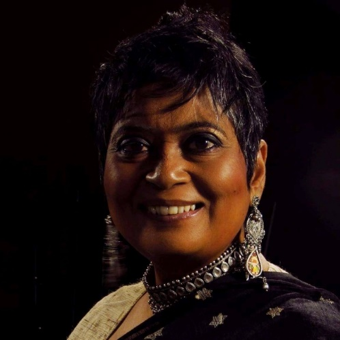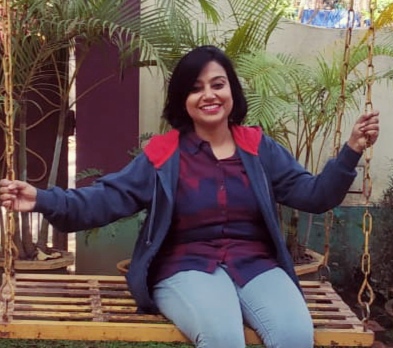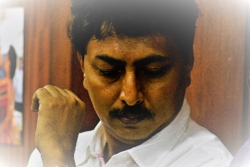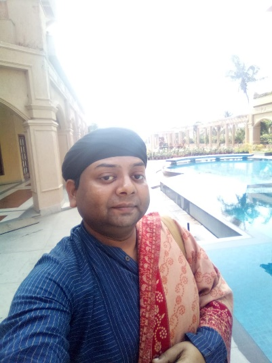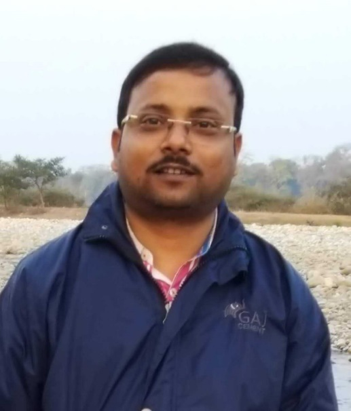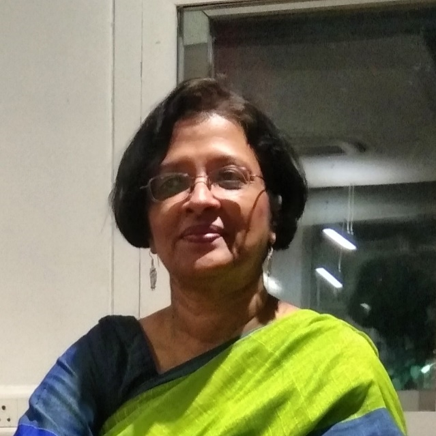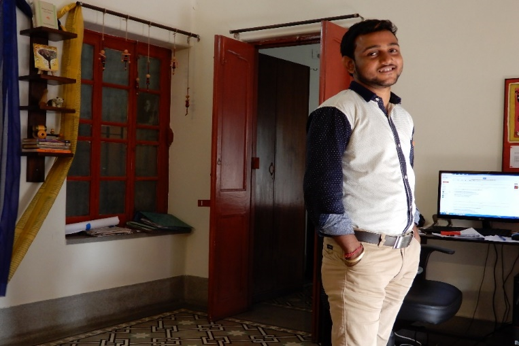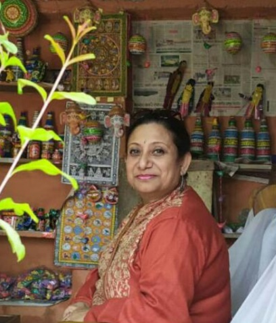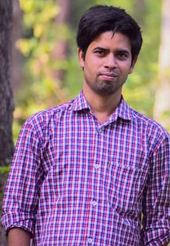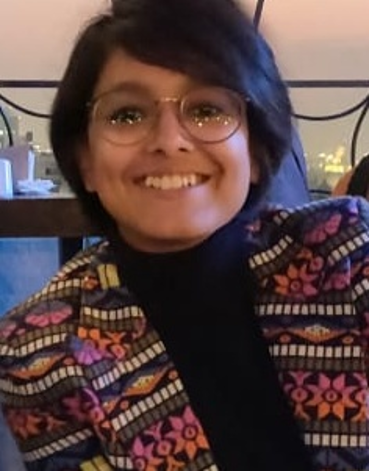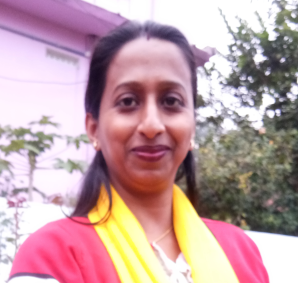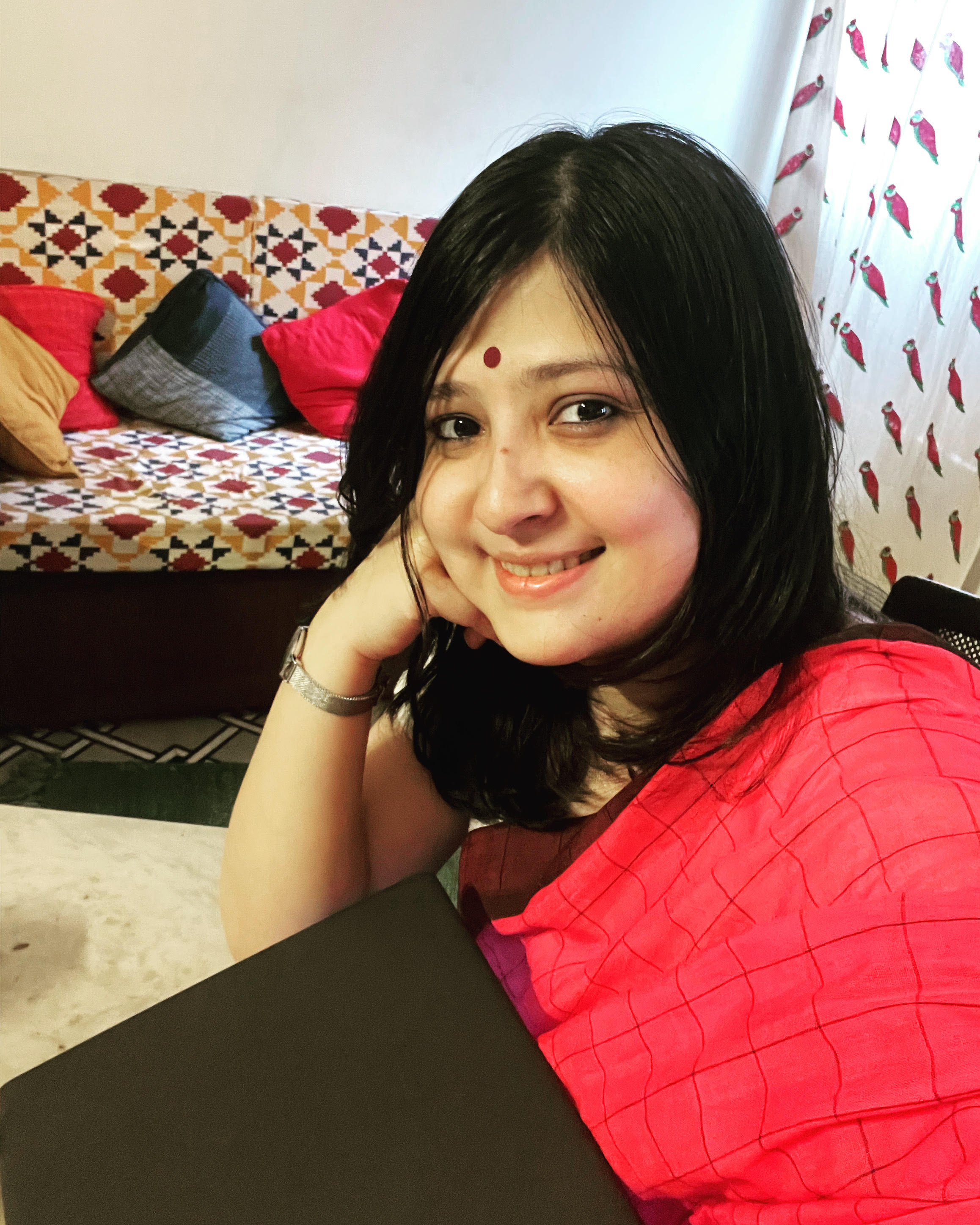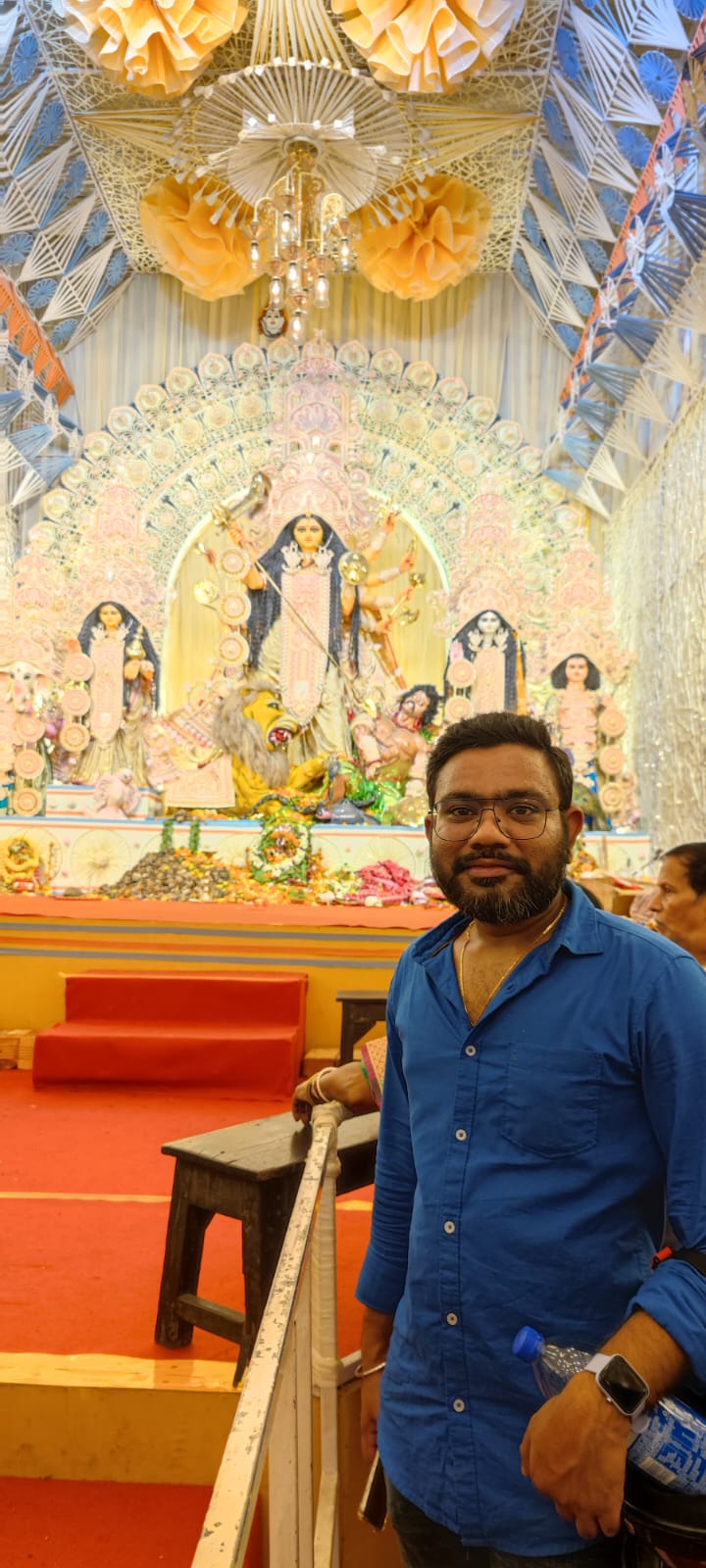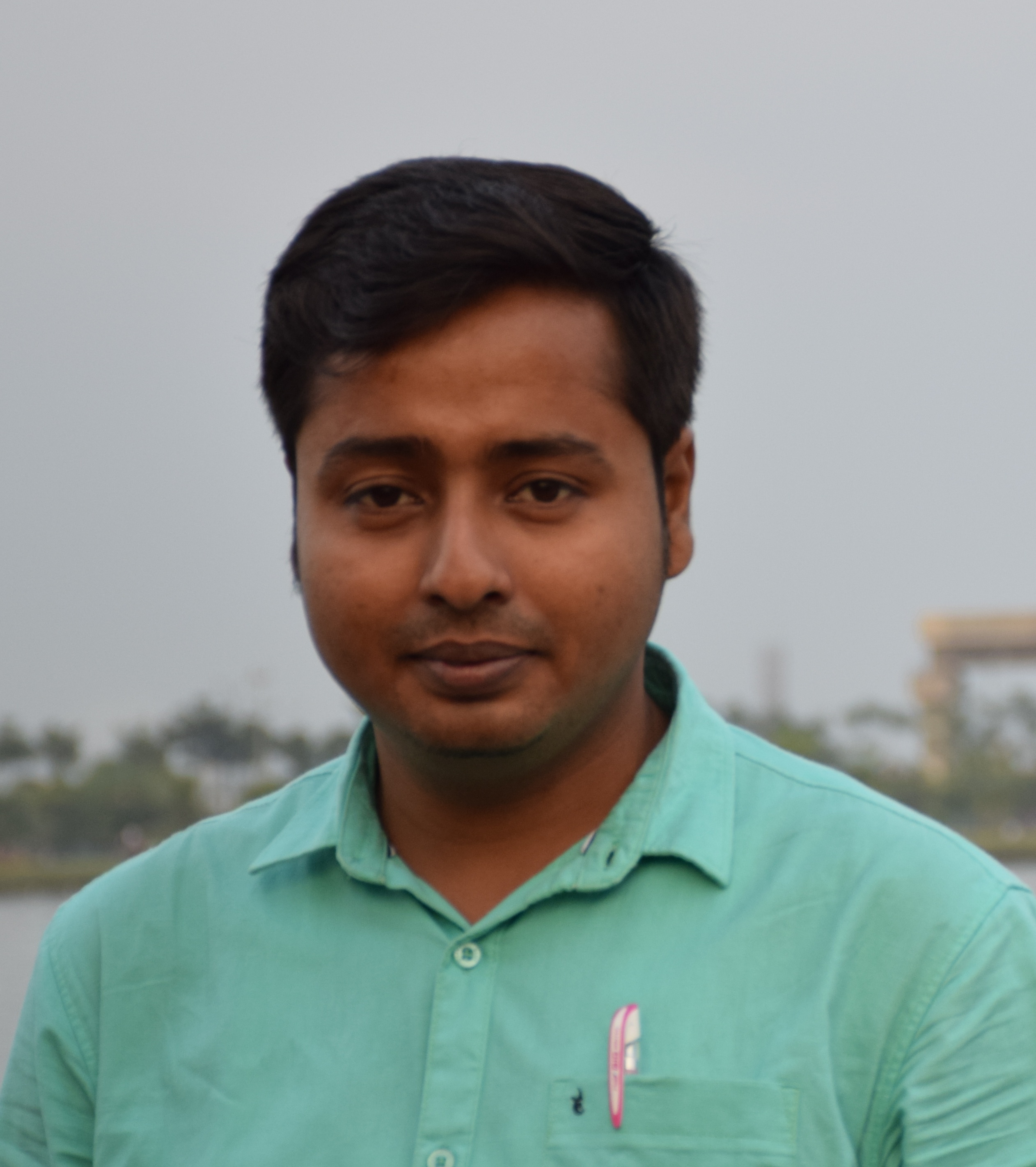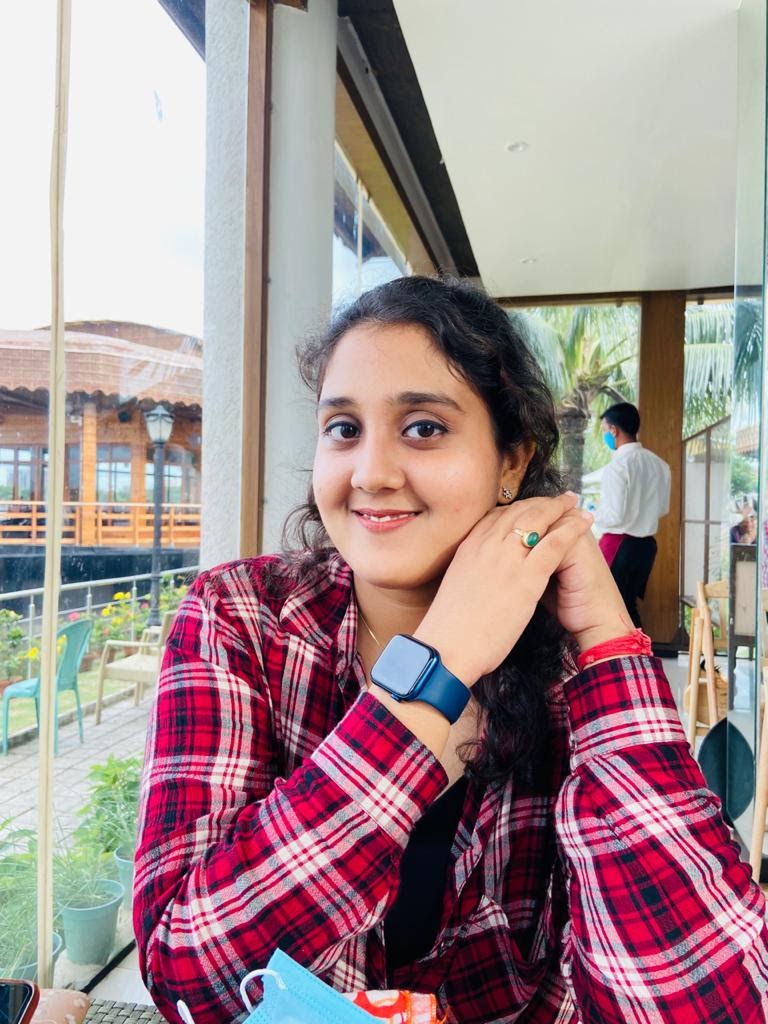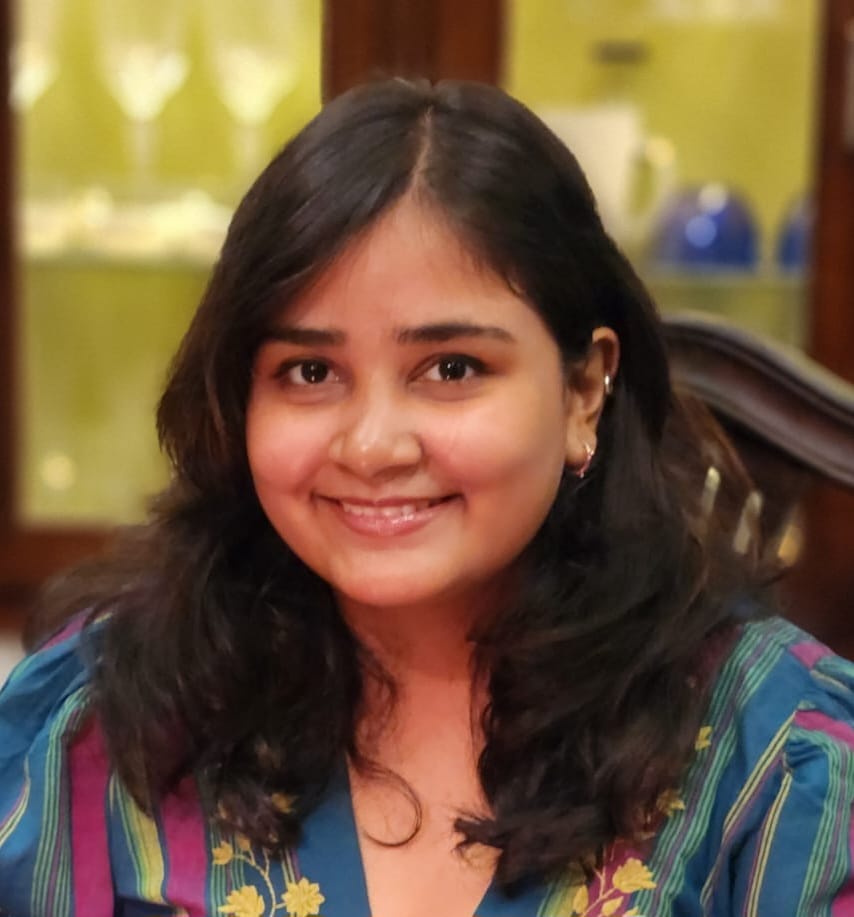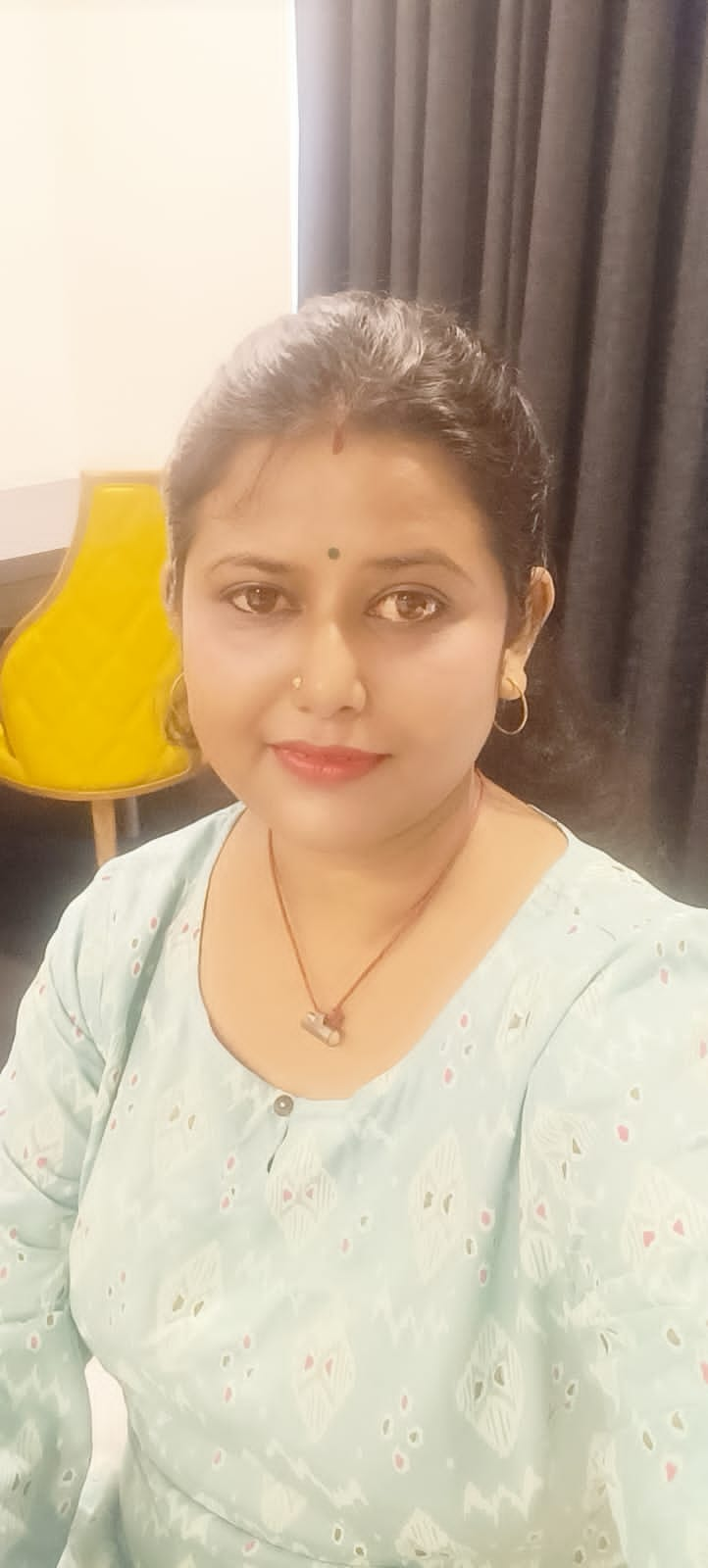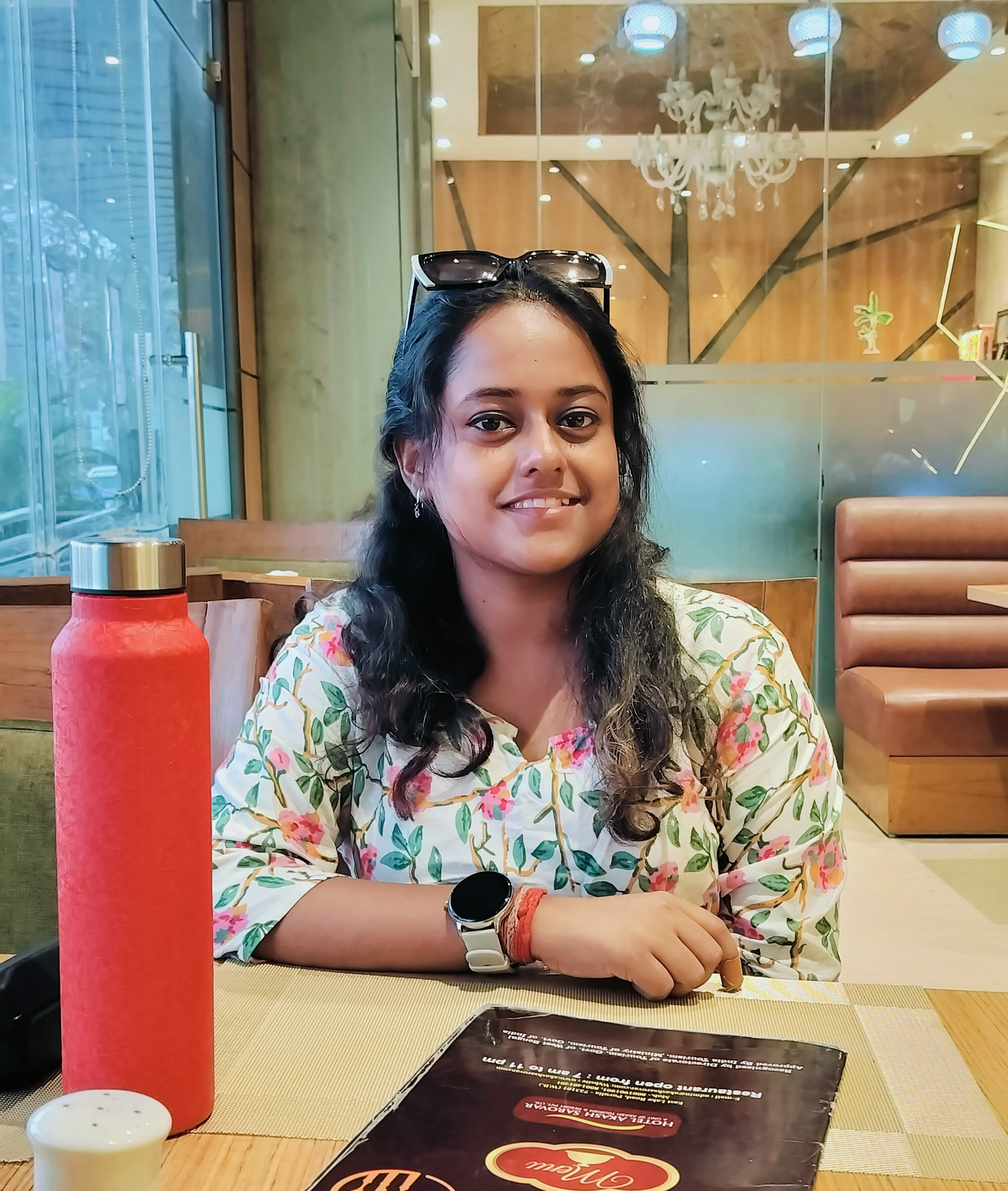Ratnaboli Ray
Ashoka Fellow (1999)
Founder, Anjali
Twenty years! What can I start with other than saying THANK YOU!! It has been such a wonderful journey fraught with its fair share of victories, losses, challenges and risks. It has also been a trajectory filled with invaluable lessons, people, relationships and dreams. I am overwhelmed and humbled by the unconditional support Anjali has received from its funders, collaborators, the state government and most importantly, our constituency all throughout these two decades. I would also like to take this opportunity to thank the media for understanding our stand and being a constant ally in our journey. All of you have helped us bring mental health to the forefront of discussion. Over the years, we have also been parts of strong networks and alliances in the spaces of disability and intersectional feminism, Disability Activist Forum and Maitree, which have been platforms of dissent and change. All the support that we have received over the years have only inspired and encouraged us to take on the difficult terrains of our work and keep pushing for systemic changes in the discourse of mental health in the country. Twenty years ago, we had started with working in just one state-run mental hospital which then led to Anjali being gradually invited by three more state run institutions to work in and bring about the paradigm shifts we always wanted to; and now, we are gearing up to take up more challenges by expanding our Voices program to a neighbouring state. We have been able to bring about significant changes in the lives of people living in institutions while at the same time shifting the paradigms of mental institutions of West Bengal and the mental health sector, one step at a time. This year, we have also, in collaboration with Dr Vikram Gupta, mapped the pathways to systemic changes that Anjali’s work has been able to bring about in the hospitals in the last two decades. The immersive exercise during the mapping took us all down the years and reminded us of how the tiniest change led to a significant transformation in the lives of the residents of the hospitals! With Janamanas which we initiated a few years after our Voices program, we realised how crucial a step that was towards deinstitutionalisation and destigmatisation. With Voices, while we were reaching out to a handful, with Janamanas, we could reach out to so many who came from such deprived and marginalised backgrounds and were seeking support but had nowhere to go! Over the years, we have been able to foster and create safety nets in the communities we work in with support from the local governance and stakeholders, small but sure steps towards deinstitutionalisation and our vision of an inclusive world of accessible and available mental health care. Today, I can proudly say that we have been able to develop a one-of its kind community mental health program which radically breaks away from a medicalised model of mental health care. We have also been able to work alongside the state and the nation to amend the existing Mental Healthcare Act and bring in a policy that actually benefits people with mental health conditions and ensures a person centric approach. A huge part of Anjali’s strength lies in the advocacy and negotiations we have been able to and continue to do with the state which has enabled us to bridge the gaps in the field of mental health. I am also thrilled to share with all of you that we have taken on yet another challenge, a step towards redefining the concept of family and independent living. The Assisted Living project, in collaboration with the Department of Social Welfare and the Department of Women and Child Development is a stride towards deinstitutionalisation and creating opportunities for recovered people with psychosocial disabilities to live their lives on their own terms, with agency and dignity. The pandemic has been one of the biggest challenges faced by humankind and Anjali was definitely affected by it, no less. The pandemic not only revealed the disposability of people with mental health conditions but also played a pivotal role in perpetuating the mental health distress, structurally. Our constituency, being one of the most marginalised and stigmatised at the same time, was the most likely to fall through the cracks during the pandemic. With the support we received from our funders and team, we were, I would say, able to overcome its wrath and support our constituency, our world. There has been so much to be grateful for. Looking at our trajectory of 20 years, I can proudly say how we have grown from being a toddler struggling to find its way to now becoming a young adult ready to take on the world! I would also like to thank all of Anjali’s team who have contributed towards what it is today. We have had to let go of several of our fellow mates in this journey over the years but as they say, change is the only constant and moving forward is what keeps me stimulated. As I just said, Anjali is now a young adult and is looking both inward and retrospecting while at th.e same time navigating its way into a bigger and wider horizon with dreams in its eyes. Like all young adults, we will continue to question and take risks and even fail sometimes, but having said that, what energizes and pushes me to take on even more because of the support I have, we have…And as for me, having spearheaded the organisation for over two decades now, I look forward to donning the role of a mentor, a thought shaper and innovator. I would like to end by thanking all my readers and reassuring you that we will keep doing what we do…strengthening our battle of centering the subjectivity of people with psychosocial disabilities, working towards ensuring their rights and voices and changing the politics and discourse of mental health in India.

